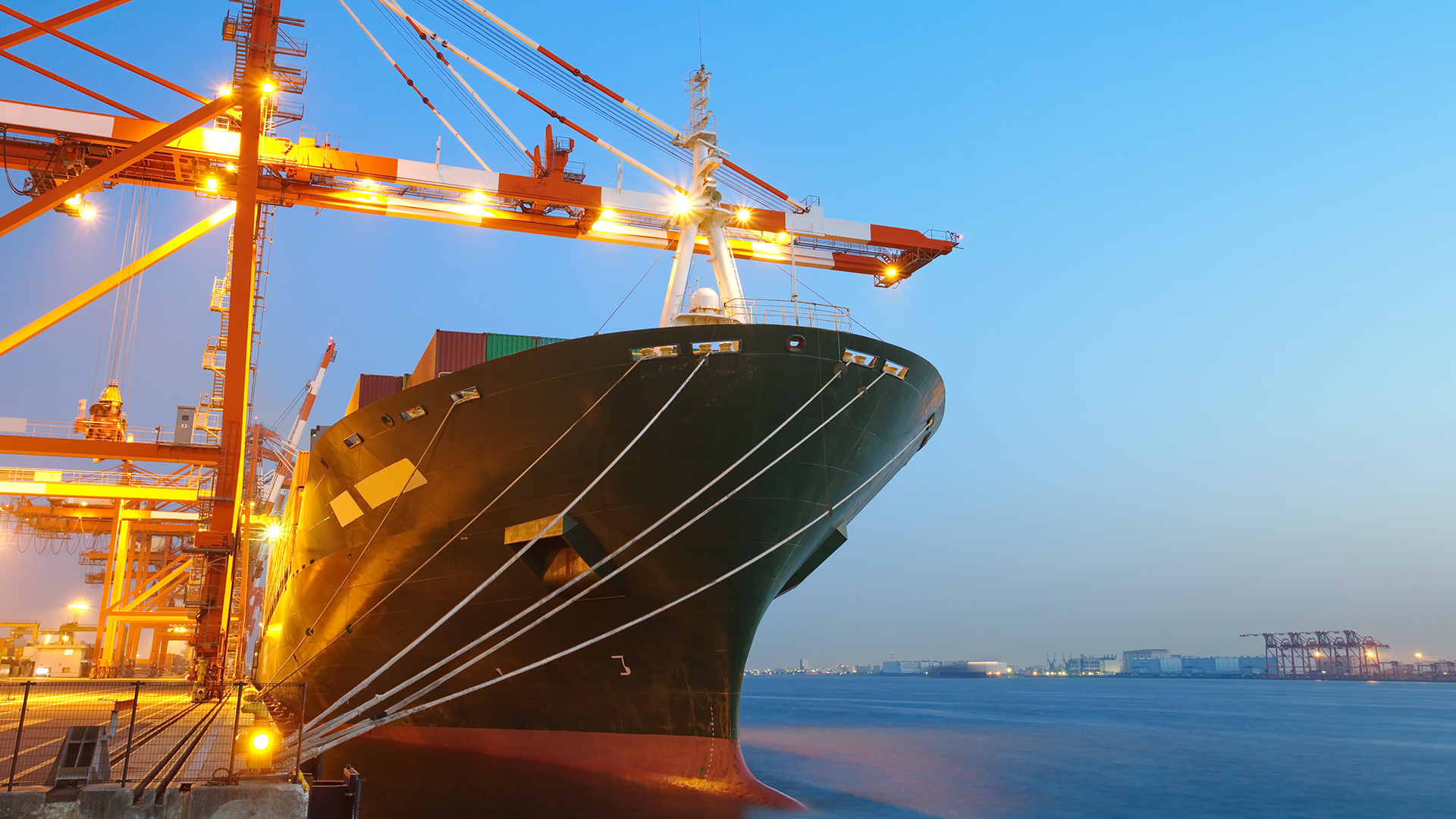A Japanese Operating Lease with Call Option (JOLCO) is a structured leasing arrangement that originally gained popularity in the aviation sector but has been increasingly common in the shipping sector over the last decade. The volume of JOLCOs in the new-build shipping sector could now be negatively impacted, however, with recent Japanese regulatory reforms predicted to have a significant impact on their viability.
Why are these changes notable?
Regulatory changes in the shipping JOLCO market are not unheard of. In recent years, for example, additional limits have been imposed on the deductibility of interest payments. The current changes, however, relate to what is perhaps the key benefit to equity investors in the new-build vessel JOLCO market: special depreciation.
Special depreciation is a mechanism by which a percentage rate determined by reference to the purchase price of an asset (i.e. the vessel) can be combined with regular depreciation to generate losses. Investors in JOLCOs can then offset those losses against profits generated as part of their principal business, making the new-build JOLCO market an attractive tax mitigation tool for profitable Japanese small to medium enterprises.
Recent developments
Following an announcement made by the Japanese government in December 2022, new rules have now come into force and are effective as of 1 April 2023, being the start of the Japanese financial year.
Among the new rules is a substantive change affecting new-build vessel JOLCOs which has effectively re-defined the scope of “environmentally friendly vessels” for the purposes of the applicable regulations. In addition, any vessel owned through a silent partnership (tokumei kumiai or TK) structure (which is the most common structure for JOLCOs) is no longer eligible to benefit from special depreciation unless that vessel is an "advanced vessel", which has been certified as complying with specific environmental and IT performance requirements.
To receive the required certification as an “advanced vessel”, an owner, shipbuilder and/or operator of a prospective qualifying vessel must prepare a “plan for the implementation of certified advance vessels” and submit this plan to, and get it approved by, the Minister of Land, Infrastructure, Transport and Tourism (MLIT). It is anticipated that qualifying vessels will include vessels powered by LNG (or other cleaner energy sources designated by MLIT) and vessels equipped with advanced technology designated by MLIT that significantly improves the safety and efficiency of vessel performance and operation.
The special depreciation rates applicable to ocean-going ships that are certified under the new regime are 20-32% in respect of Japanese-flagged ships and 18-30% in respect of foreign-flagged ships. The exact special depreciation figure will be specific to the relevant vessel and will also be dependent on the satisfaction of certain procedural requirements.
What are the changes?
The full practical implications of the recent regulatory changes will not be fully known until the subordinate legislation is provided in full by the Japanese government. What is clear, however, is that the changes will limit the type of new-build vessel that will be able to qualify for special depreciation to higher value, smarter and greener vessels, making JOLCO transactions for those vessels that do not qualify substantially less economically attractive to potential investors.
A welcome change for Japanese shipyards?
This may well be welcome news for the Japanese shipbuilding industry. Not only does the focus on higher value and more complex vessels align well to the technologically advanced Japanese shipyards, which may also be more familiar with the regulatory changes, but there are also various procedural hurdles and certification requirements (including the requirement that applications for special depreciation must be made in Japanese) that could give Japanese shipyards a significant advantage. Indeed, market participants do not yet seem to be able to say with any certainty whether “advanced vessels” constructed outside of Japan will be able to qualify for special depreciation at all.
Impact on the finance and JOLCO equity market
The impact of the recent regulatory changes is likely to differ in the short to medium term compared to the long term. In the short to medium term, as the regulations are grandfathered, the new framework will apply only to a new-build vessel which is acquired pursuant to a shipbuilding contract or a sale contract dated on or after 1 April 2023 (and any vessels subject to building contracts executed prior to such date shall be deemed to be “specified existing vessels” and will continue to be subject to the pre-reform rules). This may result in a spike in JOLCO activity, with investors and operators seeking to execute JOLCO transactions for vessels that would no longer qualify for special depreciation under the new regulations. As special depreciation has not traditionally been available for second hand vessels, and accordingly the same regime will continue to apply, the second hand market should not be substantively impacted by these latest developments.
In the longer term, from the perspective of Japanese equity investors, the attractiveness of the new-build JOLCO is largely linked to the benefits associated with special depreciation. Without those benefits, investors may look to other asset classes, such as aircraft and container boxes (which have not been impacted by these regulatory changes) to generate tax benefits for their core businesses.
Despite the regulatory changes, for the right vessel the JOLCO will remain an attractive financing option. With a transition towards a greener maritime industry, it may be the case that more vessels will ultimately be deemed sufficiently green or technologically advanced to qualify under the new JOLCO rules. The regulations should provide a framework for such vessels and could be a helpful instrument to finance the transition towards a greener shipping industry.
Whilst these changes may have come as something of a surprise, they do demonstrate a continuation of the environmental developments within the shipping sector and are consistent with the underlying need and desire to ensure that shipping is performing its role in responding positively to climate change issues.
Co-authored by Saori Takahashi.






